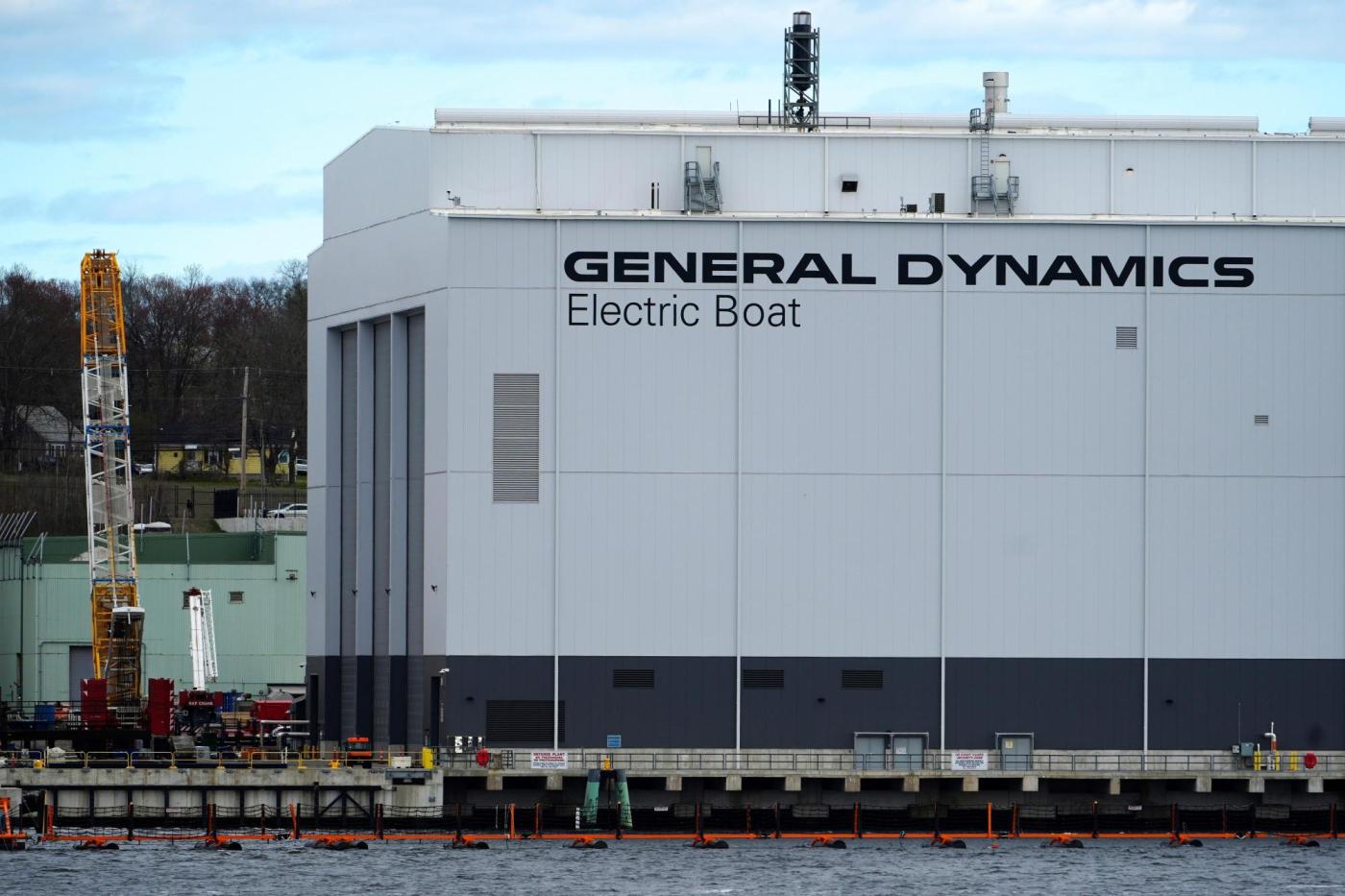President Donald Trump has reinforced the United States’ commitment to the AUKUS security agreement, which includes the provision of advanced submarines to Australia. During a recent meeting with Australian Prime Minister Anthony Albanese, Trump declared that the U.S. is moving “full steam ahead” on the initiative, alleviating concerns that arose last spring when the Pentagon announced a review of the agreement.
The AUKUS pact, initially signed in 2021 by President Joe Biden, aims to enhance security collaboration between Australia, the United Kingdom, and the United States. It includes plans for the U.S. to supply Australia with between three and five Virginia class submarines starting in 2032. These submarines, known for their cutting-edge technology, will help modernize Australia’s naval capabilities as part of a broader strategy to counterbalance China’s growing influence in the Indo-Pacific region.
Commitment to Submarine Production
Trump’s endorsement assures that the multi-billion dollar project remains on track. However, significant questions linger about the U.S. industrial capacity to produce the nuclear-powered submarines efficiently. The current production rate at Electric Boat in Groton, where these submarines are constructed, is approximately 1.2 units per year. The U.S. Navy has indicated that it requires a production rate of at least 2.3 submarines annually to meet its defense objectives.
Despite concerns regarding production bottlenecks, John Phelan, Secretary of the Navy, attended the White House meeting and expressed optimism that the ongoing review would yield beneficial adjustments to the AUKUS agreement. He emphasized that the review aims to clarify ambiguities and streamline production processes, stating, “This should be a win-win for everybody.”
U.S. Representative Joe Courtney, who represents eastern Connecticut and plays a crucial role in shipbuilding and naval technology discussions, dismissed fears that production challenges could derail the agreement. He noted that the review is focused on enhancing efficiency rather than altering fundamental commitments. “My expectation is that we are going to see some recommendations when the secretary’s report is released,” Courtney said.
Strategic Partnerships and Economic Impact
Since AUKUS was established, Congress has allocated close to $10 billion to bolster U.S. industrial capacity. This investment is particularly significant in the context of the U.S. Navy’s plans to purchase as many as 66 Virginia class submarines, with the three to five earmarked for Australia being an essential part of the treaty.
As part of its commitment to AUKUS, Australia is also investing heavily in U.S. manufacturing. By the end of 2024, Australia is expected to have contributed an additional $2 billion to U.S. manufacturing efforts, reflecting its commitment to enhancing both countries’ industrial bases.
The strategic importance of AUKUS has been underscored by the shifting geopolitical landscape, particularly in light of China’s increased military activities in the South China Sea. Analysts suggest that China’s assertiveness poses risks to shipping routes in Southeast Asia, prompting the need for enhanced security measures by Western allies.
Electric Boat is taking proactive steps to address production challenges, investing hundreds of millions in technology upgrades and expanding its workforce. The company plans to recruit between 3,000 and 5,000 new shipbuilders annually to meet rising demands. Additionally, investments in other shipyards across the U.S. are expected to facilitate the production of modular components for submarines.
With the Navy’s review expected to conclude by the end of the year, Courtney remains optimistic about the future of AUKUS. He believes that the investments being made now will ultimately solidify the U.S. and Australian naval capabilities. “There has been a huge dollar investment in the industrial base that is still just now coming to fruition,” he remarked.
While the agreement’s longevity amidst political transitions in the U.S., Australia, and the UK remains a topic of discussion, the recent commitment from Trump signals a strong bipartisan endorsement for AUKUS. This collaborative effort is not only aimed at enhancing military readiness but also at revitalizing the industrial base that has suffered in the post-Cold War era.
